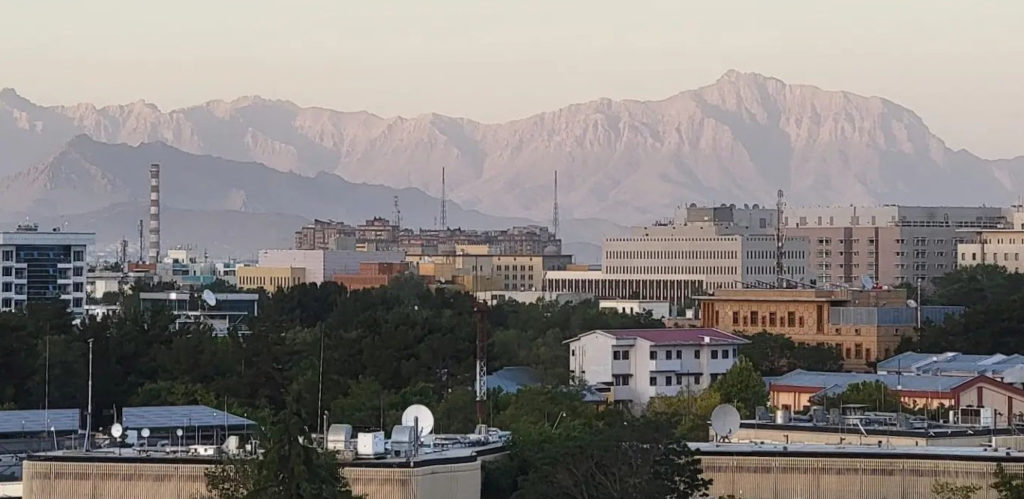One Year On: Reflections from Afghanistan
One Year On: Reflections from Afghanistan

August 2022 marked one year since the Taliban took control of Kabul and the US military withdrew from Afghanistan. Since then, Management Sciences for Health (MSH) has remained steadfast in its commitment to improving the health of children and families throughout the country. Through two USAID-funded projects – the Assistance for Families and Indigent Afghans to Thrive (AFIAT) program and the Urban Health Initiative (UHI) – MSH has continued its important work in Afghanistan to combat malnutrition, help women give birth safely, strengthen tuberculosis services, facilitate COVID-19 vaccination campaigns, and ensure that people can access the medicines they need.
Today, MSH reflects on the AFIAT team’s accomplishments in the face of extraordinary challenges and uncertainty by sharing Hadiya’s* story. When five-month-old Omar was brought by his mother to a hospital in Kabul, he was in the grip of severe acute malnutrition (SAM) – and his prospects were grim. Read on to learn how, through participation in AFIAT-led training and mentorship programs, Hadiya developed the technical skills and knowledge necessary to identify and refer SAM cases for treatment – and save Omar’s life.
Hadiya’s Story
Hadiya is one of more than 850 health care workers who received training through the five-year AFIAT program. Coordinated by MSH, AFIAT partners with a network of local and international development organizations to benefit the health of children and families throughout Afghanistan. A key objective of the project is to increase the understanding and treatment of malnutrition – particularly for children under five, including infants such as Omar – by developing the competency of staff in 165 health facilities across seven provinces through mentorship and training and providing educational materials to share with their patients.
Through AFIAT training sessions, counselors and nutrition nurses such as Hadiya learn how to identify SAM cases and provide the necessary treatment to save children’s lives. “This was the first time that I learned all the admission and discharge criteria for SAM,” says Hadiya. “Now I know the complications and feeding protocols.”

In Omar’s case, this training proved to be lifesaving. When staff at one of Kabul’s district hospitals diagnosed him with SAM, Hadiya referred Omar to the hospital’s outpatient department for Management of Severe Acute Malnutrition and provided him with ready-to-use therapeutic food (RUTF). However, during a follow-up visit, Hadiya discovered that Omar was not gaining the weight expected, despite these outpatient treatments. Using the knowledge and skills she learned through the AFIAT program, Hadiya detected complications and referred her young patient for inpatient care, where Omar remained for one week. After returning home, Omar received an additional five weeks of outpatient treatment by RUTF, as well as counseling on complementary feeding.
Three months later, Omar is happy and healthy, his complications thoroughly treated, and his weight and measurements well within the proper range. Because of AFIAT, Hadiya and her colleagues can now perform many types of nutrition services. Providing regular mentorship and educational materials build staff competencies, and ongoing training has had a direct impact on the ability to detect and treat malnutrition. “Now I can proudly say that I provide nutrition services with strong knowledge, skills, and practice,” says Hadiya. “[The AFIAT program will] well serve my village, my district, and my people.”
*Name changed for privacy reasons.